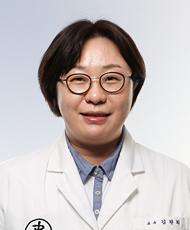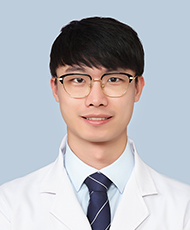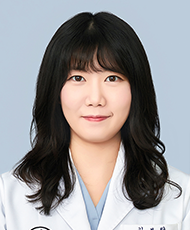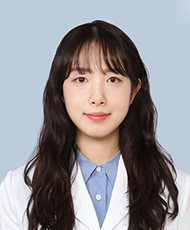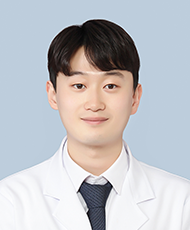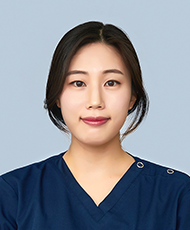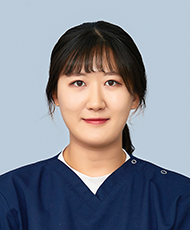Information on different departments at SNU VMTH and introduction for the medical staff will be provided here.
- General Surgery
-
SNU VMTH general surgeons are responsible for surgical correction of disease and trauma in the thoracic/abdominal cavity,
dermatoplasty, as well as surgical management of tumors. Typical examples of surgically treated ailments include cardiovascular
diseases such as congenital blood vessel abnormalities, respiratory diseases such as mono-cortical syndrome and tracheal
collapse, urinary tract diseases such as urinary stone, digestive system diseases such as intestinal foreign substances and
intussusception, as well as coelomic diseases such as hernia.
Also, if multiple organs were damaged together due to traumas such as traffic accidents, bites, burns, etc., emergency care and the corresponding surgical correction will be provided. In the case of extensive skin damage due to trauma, long-term infection management and dermatoplasty may be required in some cases.
The improved awareness as well as the aging of companion animals has increased the need for treatment and management of animal tumors, and surgical management of tumors that occur in various forms in many organs is also on the increase.
Often in these cases, a multifaceted approach combining cytology, radiation, ultrasound, CT/MRI scans, and blood tests, etc., is often required in order to determine the invasiveness and metastasis of the tumor, and whether the adjacent organs are malfunctioning. In some cases, laparoscopic surgery may be used to perform the surgical correction without laparotomy or open thoracotomy, or with minimal incision.
Due to the smaller incision, this has the advantages of smaller scars and less post-surgical pain, as well as relatively quicker recovery. This procedure can be used for biopsy, feeding tube installation, female neutralization surgery, stomach fixation, removal of bladder stones, and so on. In general, if the animal‘s life is in danger due to congenital or acquired diseases, or if there are risks involved in the process of surgical correction or anesthesia, if there are unknown causes of sickness or multiple causes, or if adjustment is required after post-surgical complications occur, the animal is likely to be referred to SNU VMTH, and you will have to make a visit.
Therefore, many surgeries that are risky and urgent are performed at SNU VMTH depending on the circumstances.
- Thoracic surgery
-
Using the C-arm for the heart available at SNU VMTH, we perform highly detailed heart and thoraic surgery. A variety of cardiac
catheter methods are used to confirm heart malformations. Pacemakers will be installed either temporarily or permanently in
cases of heart diseases such as Sick Sinus Syndrome or Atrioventricular Block, etc.
We have also significantly improved the survival rate during surgery by using pacemakers during surgeries such as PDA, PRAA, ASCA, etc. In addition, we provide surgeries to remove heartworms in end-stage heartworm animals showing Carval Syndrome, as well as for diaphragmatic hernia, pericardial diaphragmatic hernia, and so on. We can also perform resection of esophageal perforated thoracic esophagus, which makes it possible to save the life of the animal through surgery by correcting cases where the esophagus water penetrates through the causticity and the food leaks into the thoracic cavity.
Finally, we are able to perform partial/entire extraction of the lung, as well as surgical removal of lung tumors.- 01.Thorax esophagus foreign substance removal
- 02.PDA (patent ductus arteriosus)
- 03.PRAA (persistent right aortic arch)
- 04.Corrective surgery for tracheal collapse of the thoracic entrance, Endotracheal Stent Installation
- 05.Installation of In-vitro pacemaker
